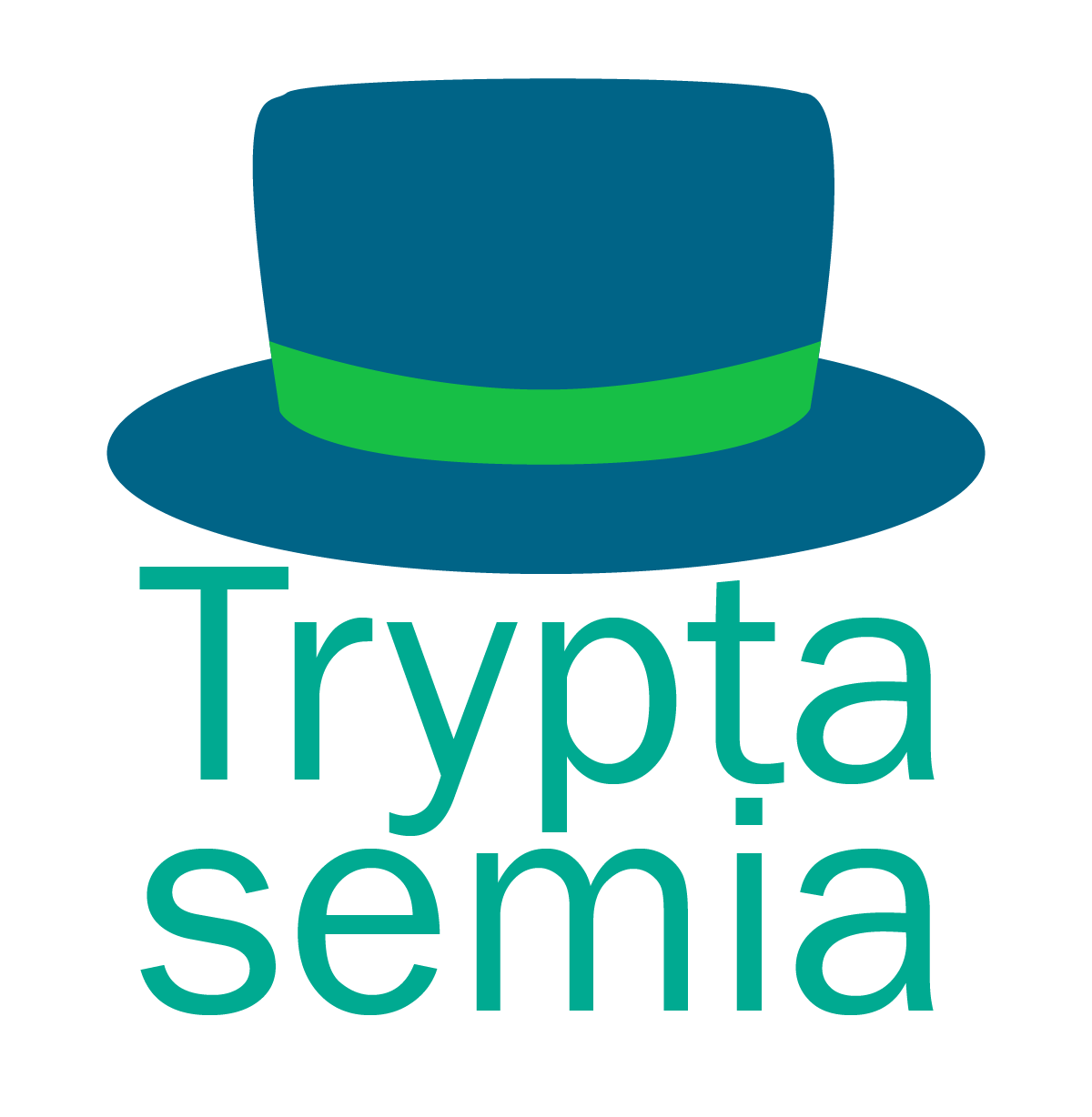
“
But my tryptase isn’t high--
I'm looking right here at my LabCorp readout, and it says my
tryptase is
normal.”
In many (or even most) testing readouts, the ranges that are currently displayed for tryptase were often calibrated to test a different condition—mastocytosis--and are probably still considered relevant in that scenario.
Remember, Hereditary Alpha Tryptasemia was only named in 2016 or so, and it still does not have an ICD-10 code (the code an insurance company would use to identify a condition)--though, thankfully, that process is underway. Let's assume that the doctor has validated that the patient has symptoms that seem to aligned with a mast-cell related diagnosis (history of flushing, itching, anaphylaxis, hymenoptera reactions, long-term idiopathic abdominal pain, odd allergies, or a large number of allergies, etc.).
_
If the tryptase is below 6.2 (sourcea) or 7.49 (sourceb), that is considered to be low. The doctor & patient would work together to find alternative causes for the symptoms. (And the rest of this article is irrelevant.)
If the tryptase is 7.5 or above, it is considered to be high enough to potentially be a mast cell disorder.
_
Hereditary Alpha Tryptasemia is caused by inheriting too many copies of the tpsab1 gene. It is believed that there is a gene dose effect, meaning the more copies that a person has inherited, the more that additional tryptase may impact the patient. Because there are people with 2, 3, 4, or even more copies of the gene, theoretically the tryptase level may vary accordingly. Additionally, tryptase is impacted by certain events, which, oddly, can either raise or lower tryptase. Thus, this remains a working model.
_
The next step would be most likely to a 24-hour urine test, for the KIT mutation. These tests, often sent to the Mayo Clinic. A positive may indicate the patient has some sort of mastocytosis, or it could indicate a false positive. A negative indicates that the patient either does not have mastocytosis, or may mastocytosis caused by a different gene, or may indicate a false negative.
_
If the urine test is
negative, the doctor may choose to take a blood sample, and send it to Gene by Gene for analysis, described
here.
Sources:
a -
Matthew P. Giannetti, Emily Weller, Concetta Bormans, Peter Novak, Matthew J. Hamilton, Mariana Castells, Hereditary alpha-tryptasemia in 101 patients with mast cell activation-related symptomatology including anaphylaxis, Annals of Allergy, Asthma & Immunology, 2021, ISSN 1081-1206, https://doi.org/10.1016/j.anai.2021.01.016.
b - Lyons, Jonathan. "Hereditary Alpha Tryptasemia," The Mastocytosis 2019 Annual Conference, San Mateo, CA.
______________
The contents of Tryptasemia.com, Tryptasemia.org, and Valutivity.com, such as text, graphics, images, and other material contained on the sites ("Content") are for informational purposes only. The Content is not intended to be a substitute for professional medical advice, diagnosis, or treatment. Always seek the advice of your physician or other qualified health provider with any questions you may have regarding a medical condition. Never disregard professional medical advice or delay in seeking it because of something you have read on this site.
If you think you may have a medical emergency, call your doctor or 911 / 999 / your local emergency #, immediately. These sites' Content do not recommend or endorse any specific tests, physicians, products, procedures, opinions, or other information that may be mentioned on the site. Reliance on any Content provided by the sites' employees, others appearing on the sites at the invitation of Tryptasemia.com/Tryptasemia.org, or other visitors to the Site is solely at your own risk.
Photos on the site are © Valutivity LLC, unless otherwise noted.
 “But my tryptase isn’t high--I'm looking right here at my LabCorp readout, and it says my tryptase is normal.”
“But my tryptase isn’t high--I'm looking right here at my LabCorp readout, and it says my tryptase is normal.”